One of the obvious reasons why my way of thinking has evolved and is different is the fact that I don’t live in my birth country. I have now been living in Japan for almost 10 years, after growing up and spending 30 years in Paris.
Being of Chinese descent on both sides of my family, I don’t look at all like a “Frenchman”—the stereotype being someone like Gérard Depardieu or Alain Delon. I have a Chinese face. And the height too.
But I also don’t fit the “typical” Asian family background, as both of my parents were born on Réunion Island (east of Madagascar).
From a young age, I experienced a “cultural shock” when talking about what I ate at home, for example.
Like many others, I was called “Ching Chong,” “Bruce Lee.” People would ask if I knew karate, and when I answered that I practiced judo, they would respond with the classic, “Yeah, that’s the same thing.”
The important thing was not to play along too much and just let it go. And to be honest, I was too small and, above all, too scared to try to justify or defend myself.
I’m certainly not the only one who felt that something was “off,” but a child doesn’t spontaneously think,
“This is the inherent racism of our current society, founded on ideologies that stem from a historical ignorance of the world as a whole, but which persist today even though we now have access to information that didn’t exist back then. Your classmates’ remarks are merely a reflection of the inertia of education when it comes to the evolution of modern society.”
As a result, I never felt “at home” living in France. And naively, I began to think that if I wasn’t going to be at home, I might as well really not be at home. My growing interest in Japan became a way for me to “try” not to belong anywhere. At least, when people treated me as a foreigner, it would be true.
But having Asian features allows me to blend in as a Japanese person quite easily. This poses a slight problem when I communicate and either I’m not understood, or I don’t understand others. My first job in Japan was quite difficult. At the time, I still blamed X or Y, but one reason was that my clients naturally assumed I was Japanese. So, my “lack of proficiency” in the language was simply seen as a sign of stupidity.
This made me realize that I would never have a “home,” but also that I didn’t need one. My home is the planet.
I now understand—humbly and with a great deal of frustration—that my past ten years here could have gone very differently if I had grasped the concept of a growth mindset earlier. If I had embraced a mindset of continuous learning instead of resting on my laurels. My lack of humility at the time prevented me from seeing reality for what it was, and spending my evenings drinking didn’t help.
No one is born with innate knowledge. Some people have natural abilities, but if you don’t learn, you don’t know. I’ve learned from my mistakes, and I write One Daily Tale to share those lessons with people who might find them useful.
This isn’t just about personal development. The reason is that, having lived in two different countries, I’ve realized that you can’t limit your perspective to just one nation. You have to zoom out and see the bigger picture.
Helping your country—if that means taking advantage of another—is a problem. But to see things from that perspective, you first need to think about it and then be able to see beyond your own self-interest. That’s the hardest part.
This balance between oneself and the world is, for most of us, completely skewed toward our own existence. And that’s normal—it’s society’s bias.
When you also understand that society has evolved without ever truly grasping the importance of our brain, you realize why it’s crucial to take action and try to spread the message. For the next generations, and the ones after. Because even though the idea is simple, the inertia of society is very real.

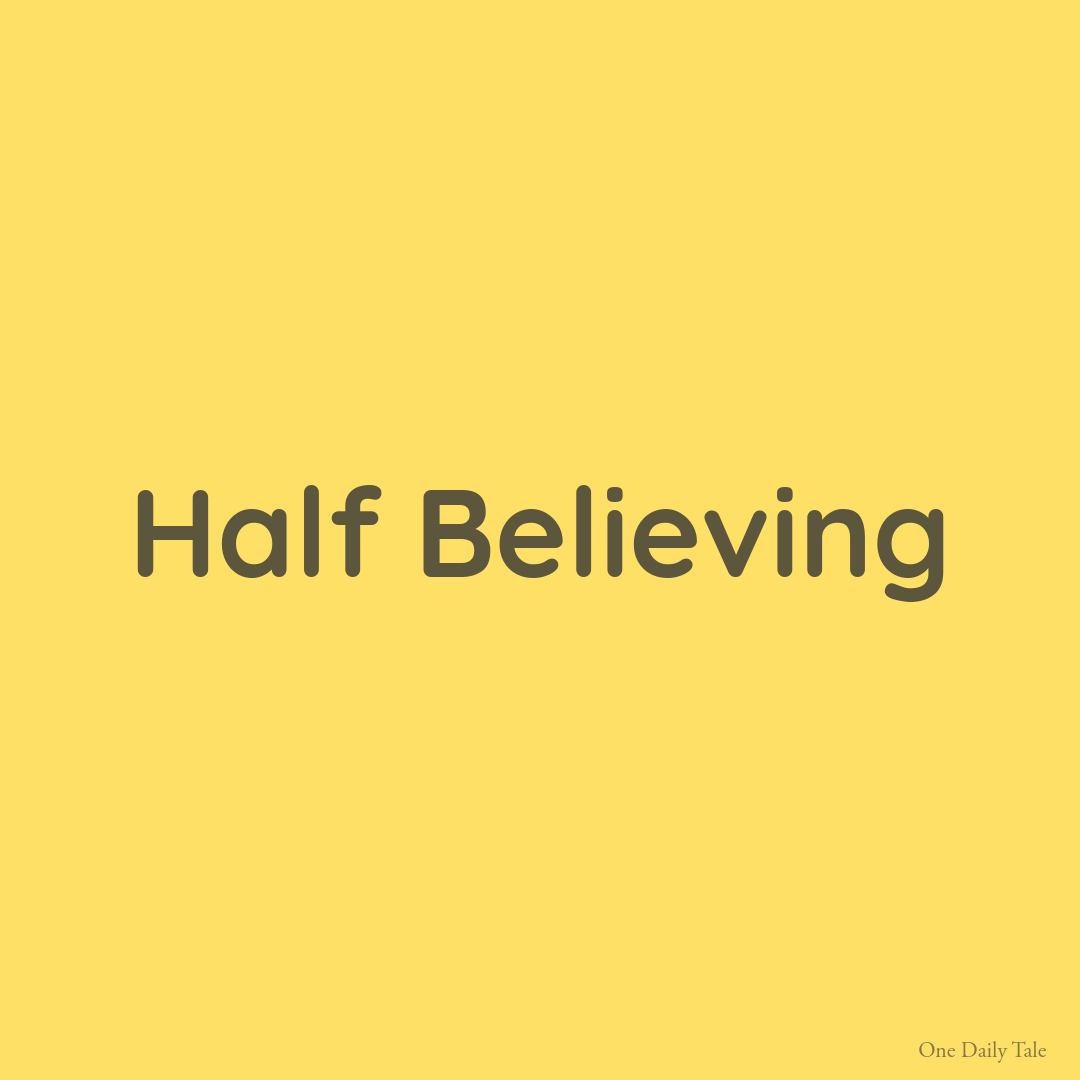
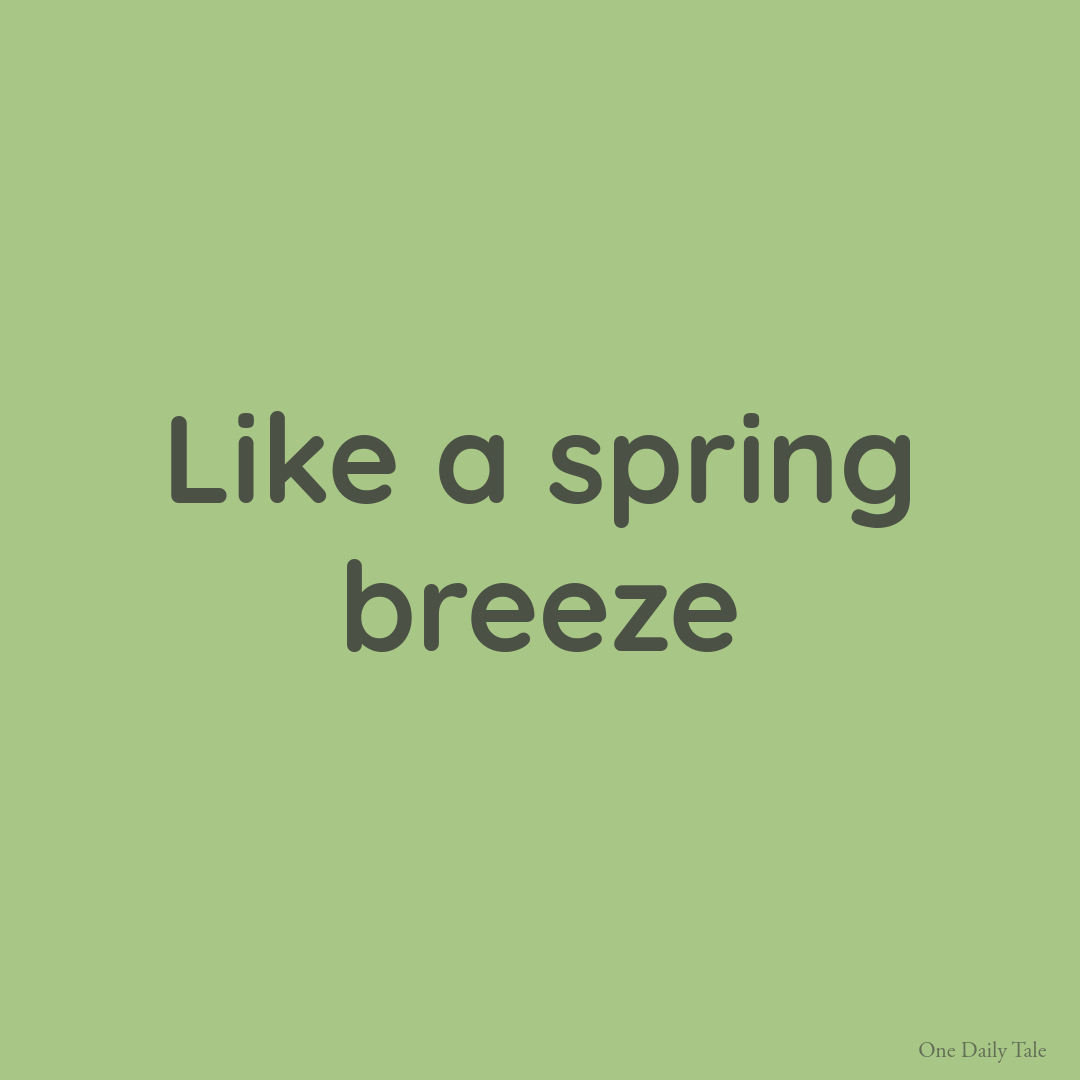
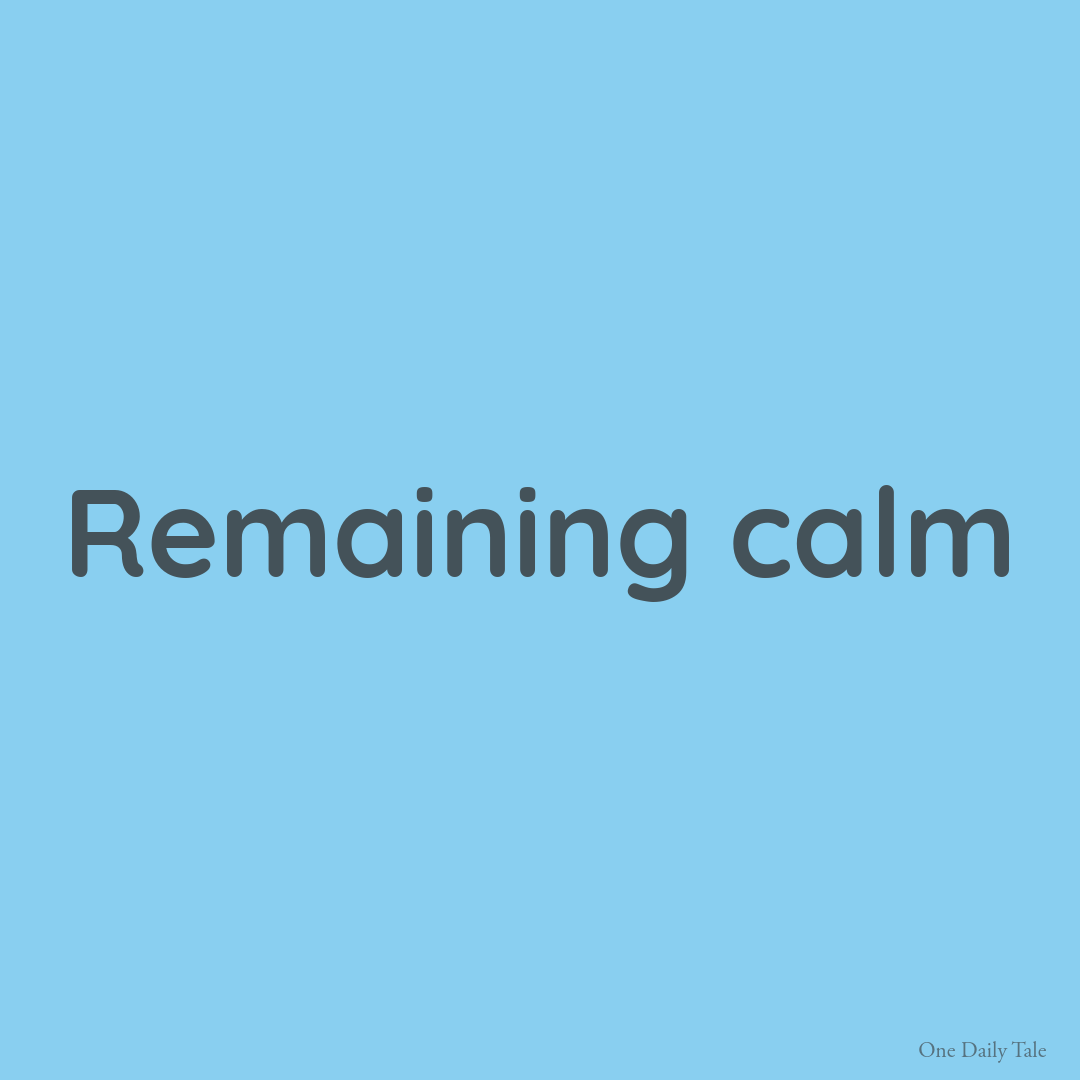

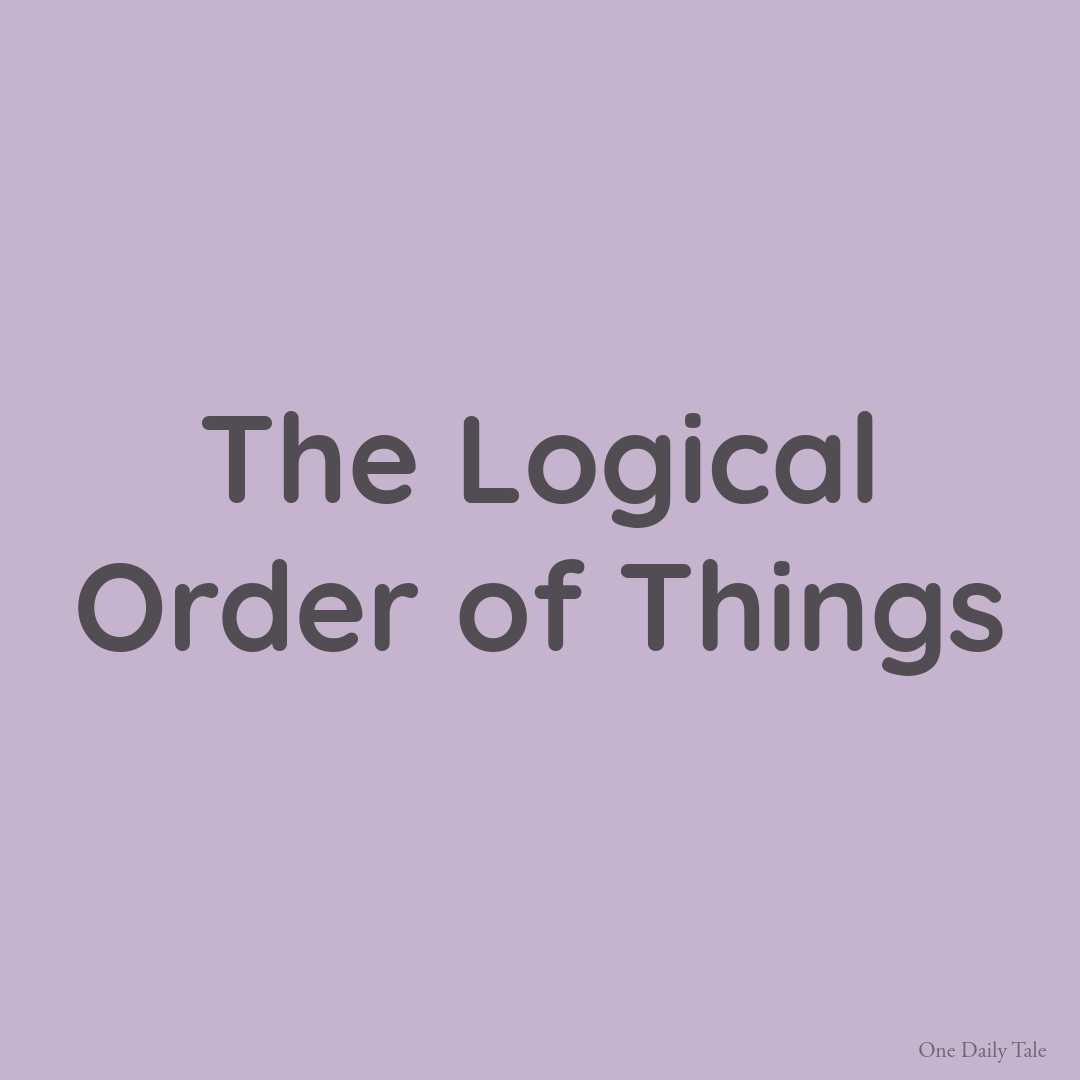
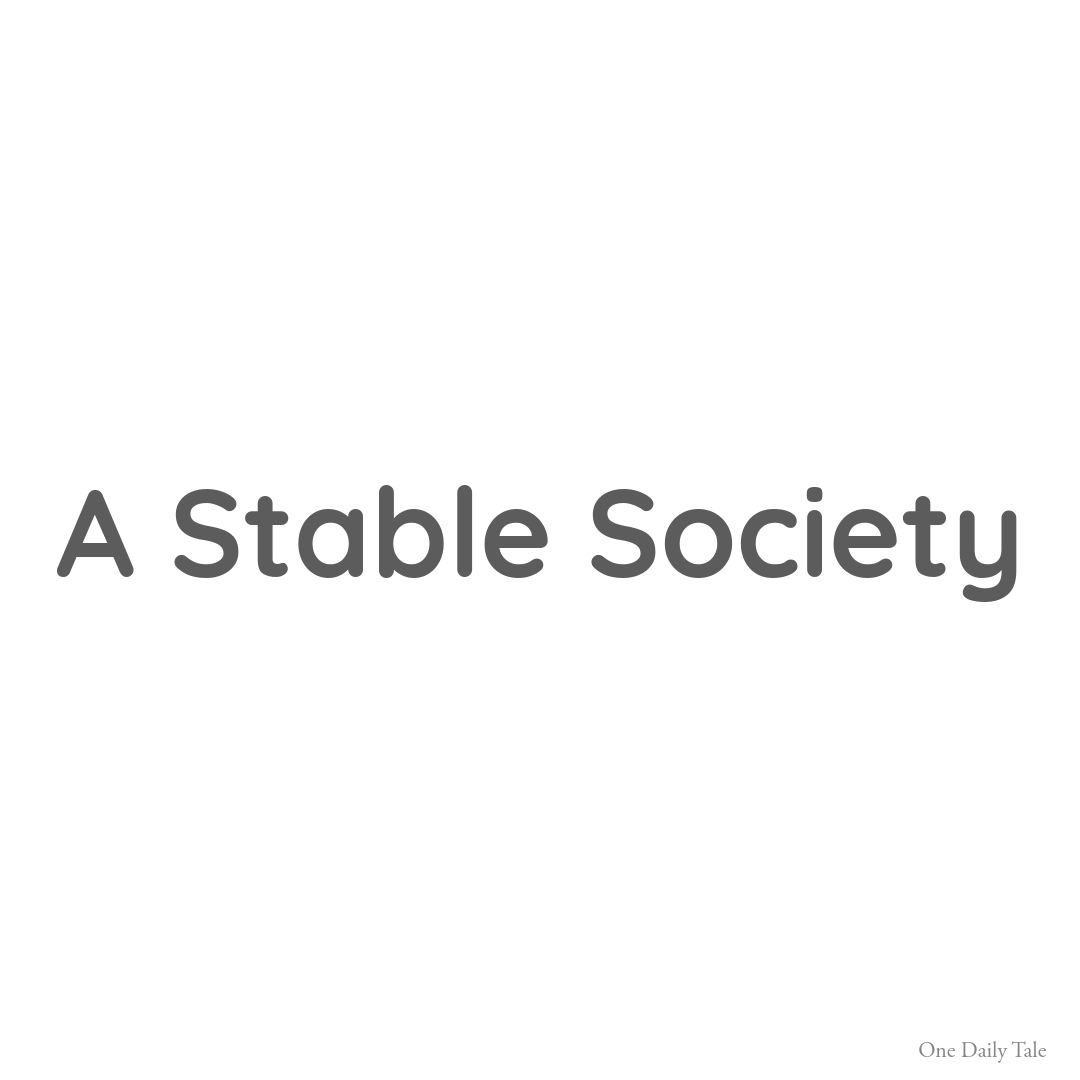
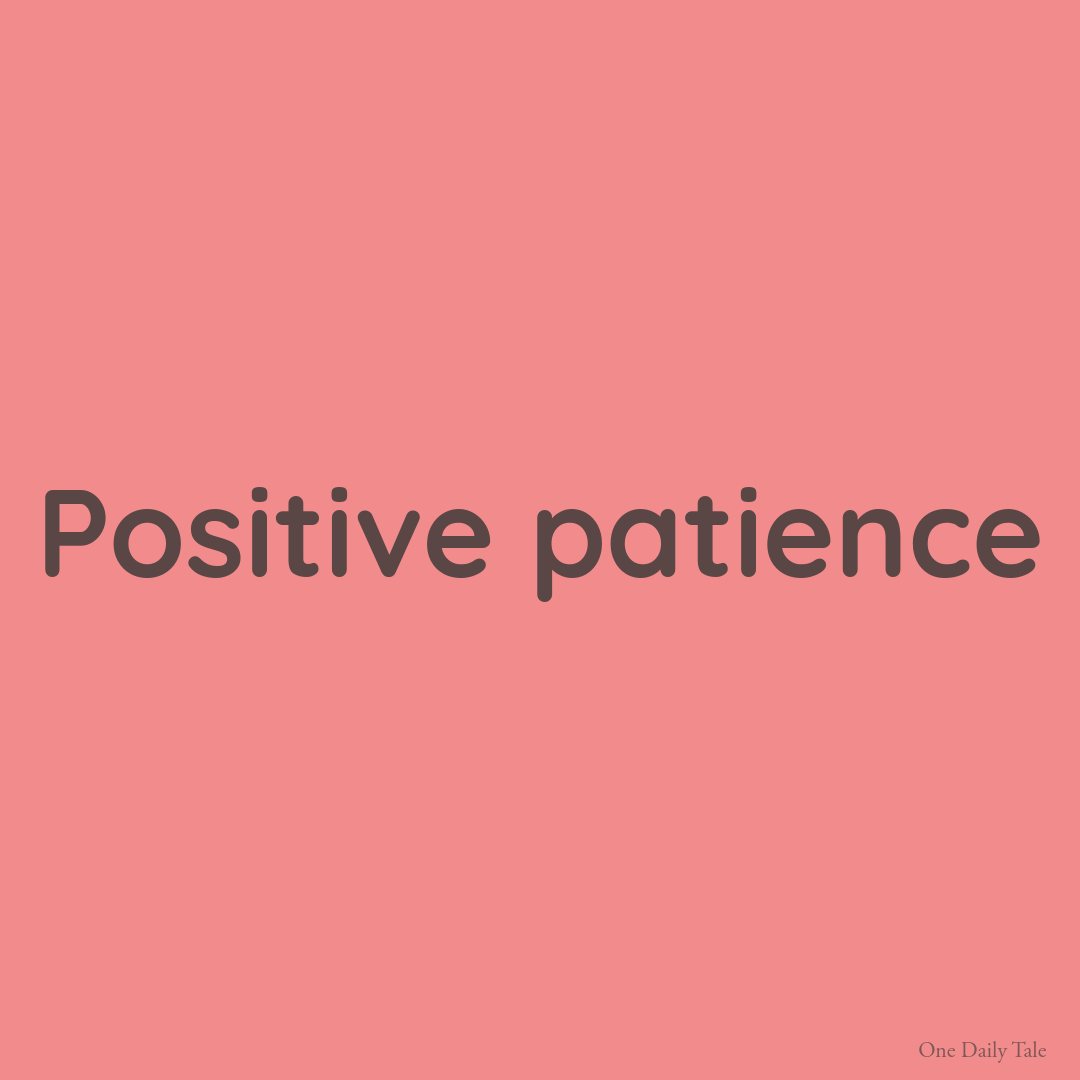
Leave a Reply
You must be logged in to post a comment.